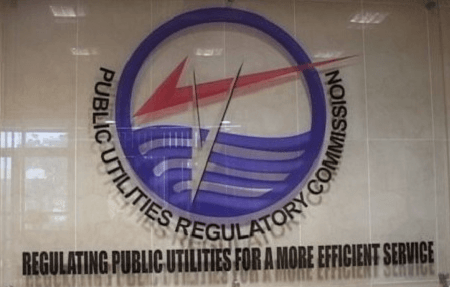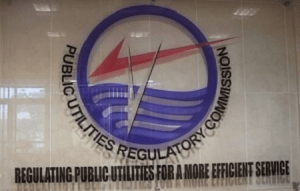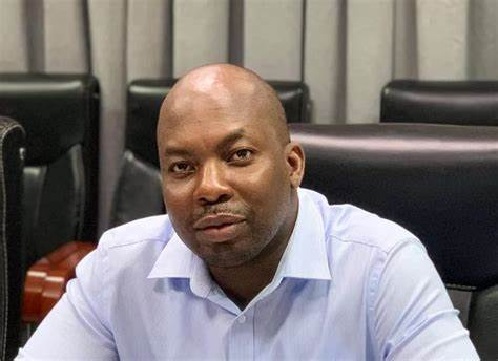

 Two leading think tanks, CUTS International and the Center for Environmental Management and Sustainable Energy (CEMSE), have criticized the Public Utilities Regulatory Commission (PURC) decision to increase electricity tariffs by 2.45% effective July 1, 2025.
Two leading think tanks, CUTS International and the Center for Environmental Management and Sustainable Energy (CEMSE), have criticized the Public Utilities Regulatory Commission (PURC) decision to increase electricity tariffs by 2.45% effective July 1, 2025.
In a joint statement signed by Mr. Appiah Kusi Adomako, West Africa Regional Director for CUTS International, and Mr. Benjamin Nsiah, Executive Director of CEMSE, the groups described the tariff adjustment as lacking transparency, poorly timed, and economically unjustifiable.
They argued the increase violated Section 3(c) of the PURC Act 538 of 1997, which mandates fair pricing of electricity for the mutual benefit of the government, producers, and consumers.
The statement noted that several economic indicators—such as the appreciation of the Ghanaian cedi and declining inflation—should have resulted in a significant reduction in tariffs, not an increase.
It noted that the cedi had appreciated by over 30 per cent between the first and second quarters of 2025, from $1/GH¢15.70 to $1/GH¢10.31
“This appreciation means end-users overpaid by 30 per cent in previous quarters, resulting in a windfall of approximately GH¢1 billion for the government and distribution companies.
“These funds could have been used to offset arrears or procure emergency fuel, rendering the tariff increase unjustifiable,” it added.
The think tanks also highlighted the decline in inflation as a factor expected to ease operational costs, which should have benefited consumers.
They accused the PURC of using a “miscalculated inflation rate.”
The PURC reportedly used a rate of 20.67%, instead of the current 18.4%, despite having used higher and more accurate figures in earlier quarters (22.49% in Q1 and Q2 2025).
The statement slammed the introduction of new cost components, including gas costs and a GH¢488 million arrears claim, which they said contradicted expectations of a tariff reduction in Q3 2025.
On the gas cost component, the think tanks stated: “The Weighted Average Cost of Gas (WACOG) rose by only $0.08 (1%); a negligible impact compared to previous quarters.”
“For instance, a 25 per cent WACOG increase in Q2 2024 led to only a 3.5 per cent tariff hike. The cedi’s appreciation further diminishes the justification for this adjustment, making the tariff increase economically dishonest,” the statement said.
Addressing the arrears, the think tanks criticized PURC for ignoring the GH¢1 billion currency windfall and for failing to provide transparency on the arrears’ calculation.
They also accused the PURC of not engaging stakeholders before introducing fuel costs and reserve margins into the tariff decision-making process.
“Similarly, the reserve margin allocation remains opaque, with no attached figures or percentages,” the statement said, adding that the 27% fuel cost component lacked transparency, with no simulations, fuel price disclosures, or procurement details.
Warning of long-term consequences, the think tanks stated that if care was not taken, PURC’s frequent upward tariff adjustments could succeed in the creation of an energy sector that was not efficient.
It urged the regulator to address underlying issues like commercial and technical losses instead of shifting costs to consumers.
“The lack of participation, transparency, and accountability in setting the Q3 2025 tariff undermines fairness in Ghana’s electricity pricing. We urge the PURC to halt the 2.45 per cent tariff increase and demand detailed disclosure of the tariff adjustment methodology and underlying assumptions,” the statement said.
Source: GNA
The post Think tanks condemn PURC’s 2.45% tariff hike appeared first on Ghana Business News.
Read Full Story















Facebook
Twitter
Pinterest
Instagram
Google+
YouTube
LinkedIn
RSS